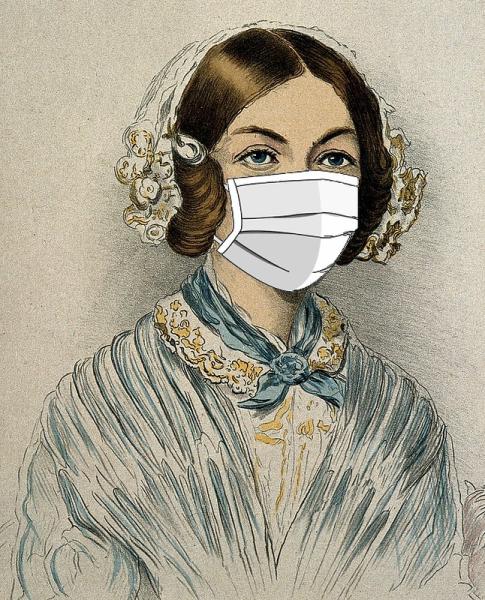The authority of public health officials, particularly concerning communicable disease, has long been predicated upon a decision made by the Supreme Court in 1905, Jacobson v. Massachusetts. [1] The COVID-19 pandemic has raised concern about overreach by public health officials especially given the ever-changing advice being offered and its economic consequences.
Visceral anger has resulted in threats to the lives of public health officials in the heat of the pandemic, and now, many legislators are revisiting the scope and authority of public health agencies. Often missing in these legislative reviews are thoughtful “failure analyses” seeking to understand what was done right and wrong. Depending upon each state’s pandemic response, we are seeing shifts of authority from local to state government, and more troubling, from public health agencies to the Governor or legislatures – neither of which are necessarily scientifically literate or epidemiologically savvy.
In general, these are oversight bills, allowing more central or different authorities to be a second, more binding opinion. In many instances, these laws allowing the legislature or Governor to overrule public health measures that last longer than a set period, frequently 30 days. Checks and balances are necessary, but my concern is whether our legislators are the best expertise we can find. The next time you look at your state tax liability, ask yourself whether your elected officials act responsibly with your money. If you are OK with it, maybe you do want them, rather than trained public health officials, to be in charge of your health.
One argument against trusting legislators to oversee our health is these two recently passed laws.
- Over the veto of the Governor, North Dakota's legislature has removed the authority of “state health office to require face masks or covering.” While some may feel that mandating the use of masks for COVID-19 was not "worth it," (I do not think this is true), optional "masking" certainly does not apply to tuberculosis, and North Dakota has more TB cases than the national average.
- Montana’s legislature passed a law prohibiting “local board of health emergency orders from limiting physical attendance at religious worship, and prohibits quarantine of individuals who are not yet ill, but reasonably believed to be infected or exposed.” Let’s leave aside the religious exemption. This law only applies to emergent problems, like evidence of a pandemic. One of the most crucial lessons we learned from COVID-19 is that we must act quickly. For an infection with exponential growth, quarantine is most effective early in the emergency, not weeks later, yet Montana specifically prohibits the implementation of one of the core principles of public health - isolation.
For our public health officials and government in general, the COVID-19 pandemic has not been one of their shining moments. I believe we should make changes that allow public health measures to be more timely, flexible, and responsive. My experience tells me that our legislatures are not capable of identifying and making those changes. We need to understand our failings better, and that begins with dispassionate analysis. There will be another disaster, if not a pandemic, then some other bad event. Writing and enacting “feel-good” politicized legislation based on what has happened in the past does not make us more resilient in the future.
[1] Henning Jacobson, a resident of Massachusetts, refused a public health order for mandatory smallpox vaccination. The Supreme Court ruled that the order was constitutional, stating "in every well-ordered society charged with the duty of conserving the safety of its members the rights of the individual in respect of his liberty may at times, under the pressure of great dangers, be subjected to such restraint, to be enforced by reasonable regulations, as the safety of the general public may demand" and that "[r]eal liberty for all could not exist under the operation of a principle which recognizes the right of each individual person to use his own [liberty], whether in respect of his person or his property, regardless of the injury that may be done to others." You can read more here and here.
Source: Proposed Limits on Public Health Authority The Network for Public Health Law




